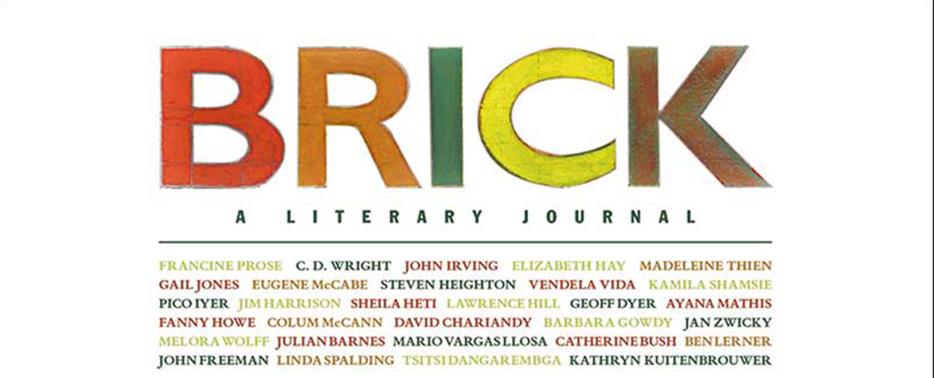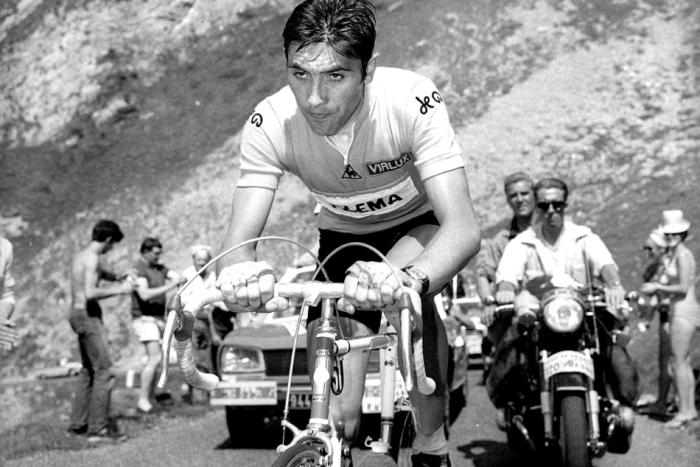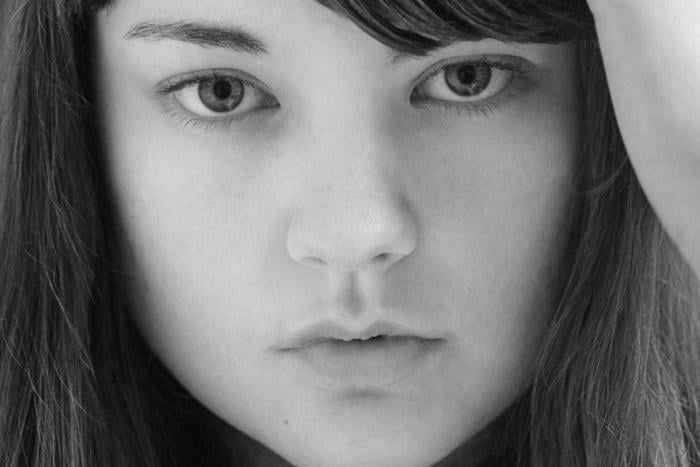Walking up the stairs of the Winchester Kitchen and Bar I become discombobulated; the stairway ends abruptly with a mirror, and so instead of a room full of people you arrive only upon yourself. The real entrance is a sharp, unexpected turn to the right, and standing there is another smiling, brown-curly-haired, boldly bespectacled white woman, only this time she is not my literal mirror image, but someone else altogether. She asks if I’m there for the launch, perhaps sensing my confusion, and I gratefully answer in the affirmative. She directs me to a table where the latest issue of Brick has been stacked. I buy one.
Brick 91 has a special feature of 44 short essays on endings. For the most part, they are responses to the last pages of novels or collections, and flipping through I thrill to see a few of my favourite names. Geoff Dyer opens and closes his piece in the first paragraph, then opens it again. By the last word, which of course is “over,” he’s turned the end around so many times that it’s hard to discern how you finally got to it. Sheila Heti describes a writerly desire for a perfect ending, and positions The Picture of Dorian Gray as a perfect book thanks to its perfect ending—”the best ending to any book is the only end possible.” She’s right of course: As readers, we want to be given over so totally to art that it feels like fate.
Having come by myself to the event, I look around and try to figure out the best place to sit. I see someone I know, the filmmaker Alex Pugsley, and join his table with his sister Allison and a coterie of Haligonians. We talk for a while before Alex introduces me to a man in a three-piece suit, John Jay. I’m told that he’s appearing in costume, to read a letter that Thornton Wilder wrote to Alex’s father, Ronald Pugsley. Sure enough, John Jay later takes to the stage and reads with gravitas that seems the right kind of old-fashioned, a certitude that belongs mostly to the aged and in the past. Kyle Mac, reading the part of a young, inquisitive Ronald Puglsey, sports a good-natured grin on a face as open as a question mark.
Earlier, right before Michael Helm (one of Brick’s many editors, about half of whom are named Michael) introduced the first two readings, which were, of course, on the topic of endings, Kyle Mac had made a joke about his youth. Allison Pugsley asked the young actor his age, and it turns out that, like me, the man is 25. “I’ll tell you that, but if you were from the [entertainment] industry, I’d say I was 21.” We all laughed.
Once the opening remarks were underway, Michael Helm gave me another reason to think about youth. After thanking Brick’s publishing and administrative staff, he joshed the crowd: “We have interns to thank, and I know their names, but I won’t say them here because Brick is an elitist organization.” We all laughed again. “Don’t say anything, interns, or you’ll never work for free in this town again.” I remember being 21, telling people I was 24 or even 26, hoping to be taken seriously.
Alexandra Rockingman, taking the stage to read from her own essay on endings, warns us that “I’m not going to do anything fancy at all. I’m just going to read.” It’s a simple start to the end. Michael Redhill, another of Brick’s editors, follows her, reading from Vendela Vida’s essay on the ending to Denis Johnson’s Jesus’ Son. He’s halfway through before I realize he’s a man I’d danced with just two nights before, at WORN Fashion Journal’s second-hand prom. Perhaps it’s better not to meet a person for the first time in formal wear. He looks very different outside of a tux. Vida’s essay ends, like Jesus’ Son, with “just a glimmer, just enough” hope: “my characters might be in a place with people like themselves.” I look around. There I am, there we are.
And then at 9:30 a troupe of improvisational comedians climb on stage. The Brick crowd gradually, then rather rapidly disperses. I beg my tablemates to slink to the back of the room with me—it is a defect of my character that I cannot bear to sit so close to such raw theatricality. On my way out the door, I chat with Laurie Graham, an assistant editor at the mag. We talk about how fitting it is to feel this specific event come to such an abrupt end. “Endings should make you feel a little bit weird,” I say. She laughs. Up at the front, a woman solicits volunteers from the audience. A small circle of extroverts is forming at the base of the stage. She roars into the mic: “I hope you’re feeling funny!”






